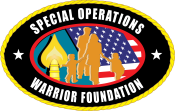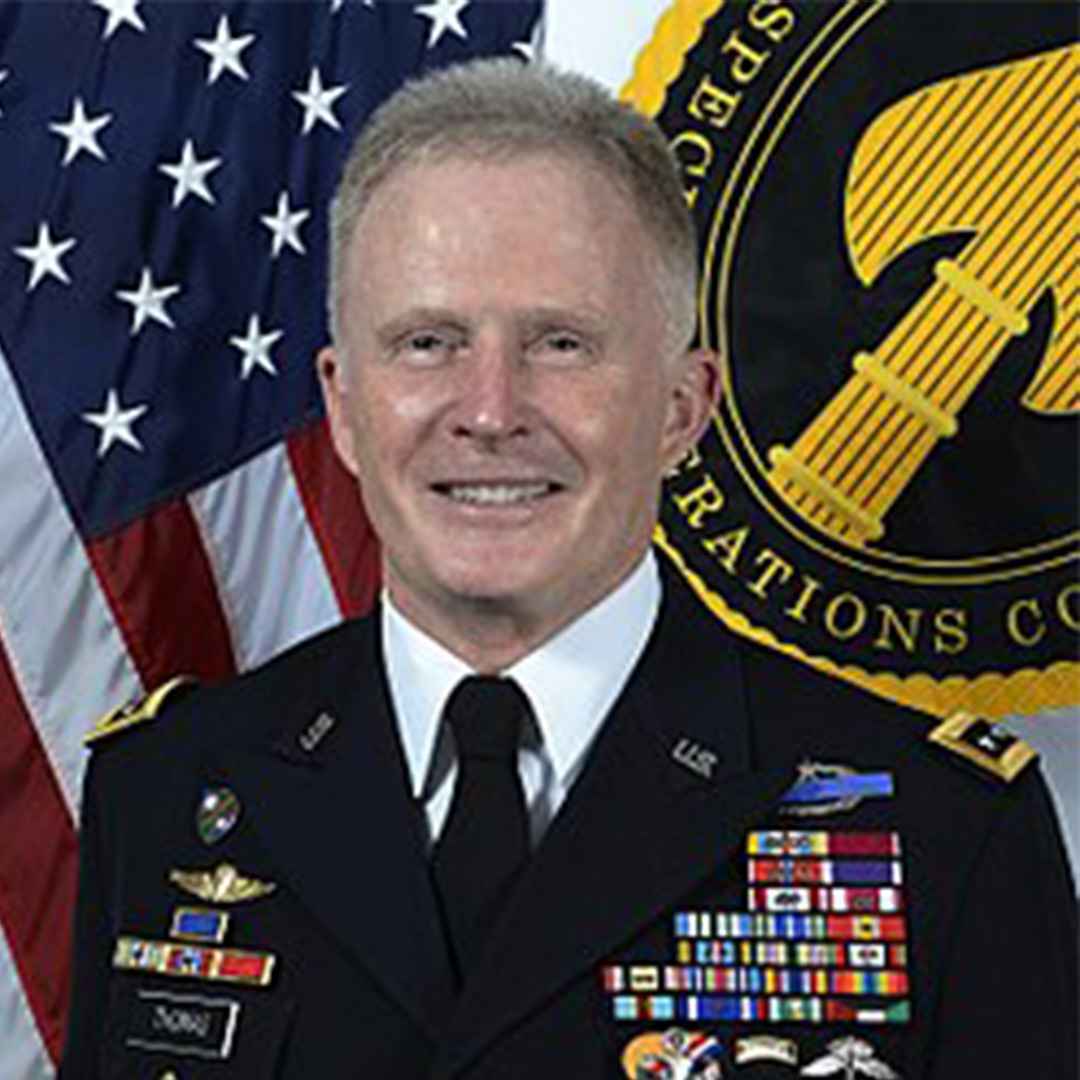On 25 April, 1980, I was a First Class Cadet at the United States Military Academy at West Point and a little over a month from graduation and commissioning in the U.S. Army. That morning we woke up to the somber news that the United States had attempted a rescue operation of our 53 hostages at the U.S. Embassy in Tehran which had resulted in a crash in a remote desert location and the tragic deaths of 8 service members. Our fallen comrades left behind 17 children. The story of the Special Operations Warrior Foundation began in that sacred moment when the survivors from the raid literally passed a hat around to take up donations to support the children of our fallen teammates.
Little did I know at the time that event would both shape and parallel my career for the next 40 years and become a primary focus for my life after the military. I was commissioned in May of 1980 as an Infantry officer and two years later was fortunate to be selected to join the 2nd Ranger Battalion at Fort Lewis, WA. This was the beginning of almost four decades of service with our Special Operations forces culminating in command of United States Special Operations (US SOCOM) from 2016-2019.
My formative experience as a 1st Lieutenant with 2nd Ranger Battalion was a rude introduction to the terrible but often unavoidable consequence of war, the loss of teammates. On our last mission in Grenada, in OCT of 1983, an air assault operation into a suspected Cuban compound on Calvigny Point, we lost 3 Rangers after a horrific helicopter crash (my helicopter crashed into the one carrying my former platoon). Unfortunately, that was only the beginning of my experience of losing too many other teammates in the many military operations and training events which have happened since.
40 years ago the infrastructure to take care of our service members and their surviving families was only in its infancy but there have been tremendous advances in subsequent years and across several conflicts and we now have an array of fantastic benefactor organizations which support our community.
I was slow to appreciate the amazing support system that had come into effect until, ironically, I was able to “slow down” as the SOCOM Commander (I was finally out of the frantic pace of operational units and responsible for the manning, training, equipping and support for our Special Operations Forces) and take stock of the various organizations and what they provided. On too many occasions I had solemnly taken a knee at funeral ceremonies and presented a flag to a family member telling them that we were there for whatever they needed without truly appreciating the power behind that statement and how it actually worked.
When I retired from SOCOM, I had my pick of the extraordinary benevolent organizations that support the Special Operations community. I didn’t waste a lot of time deliberating. In my opinion, the most IMPACTFUL and reputable organization in the pantheon of supporting charities was and is the Special Operations Warrior Foundation based upon the simple calculus of honoring our fallen comrades (and now all Medal of Honor recipients and active duty service members who lose a spouse) through their children in supporting their education needs.
I’ve been privileged to represent SOWF on numerous occasions and I’m consistently blown away by our best representatives / Ambassadors…the children the program has supported. They are a phenomenal group of young Americans and are absolutely inspirational!
When people ask me what I’m doing in retirement I tell them that I’m blessed with lots of opportunities, but, far and away the most rewarding thing I do is my participation with SOWF. I’m very proud of our mission, our people, and the incredibly positive impact we have made, and continue to make in our community, and I am extremely thankful to be part of the team.


